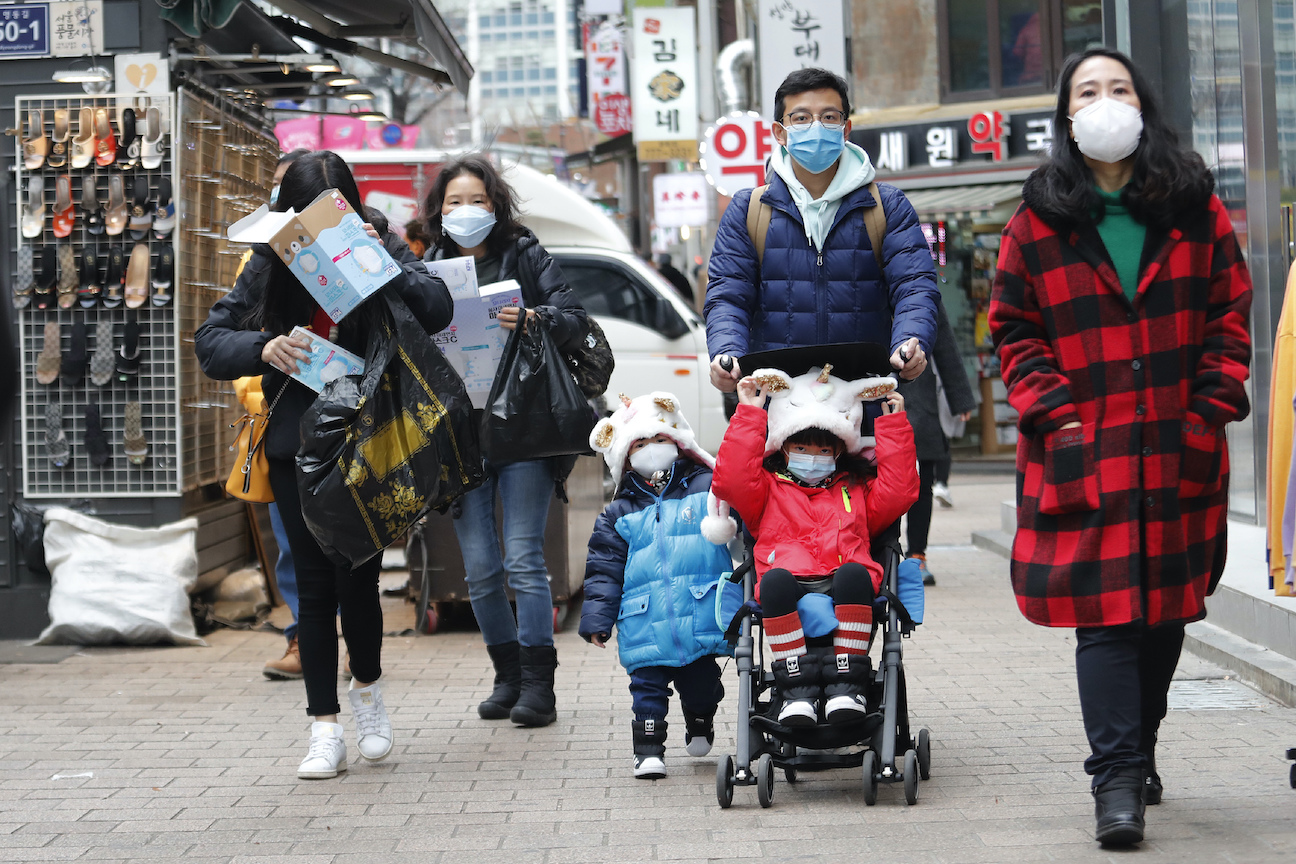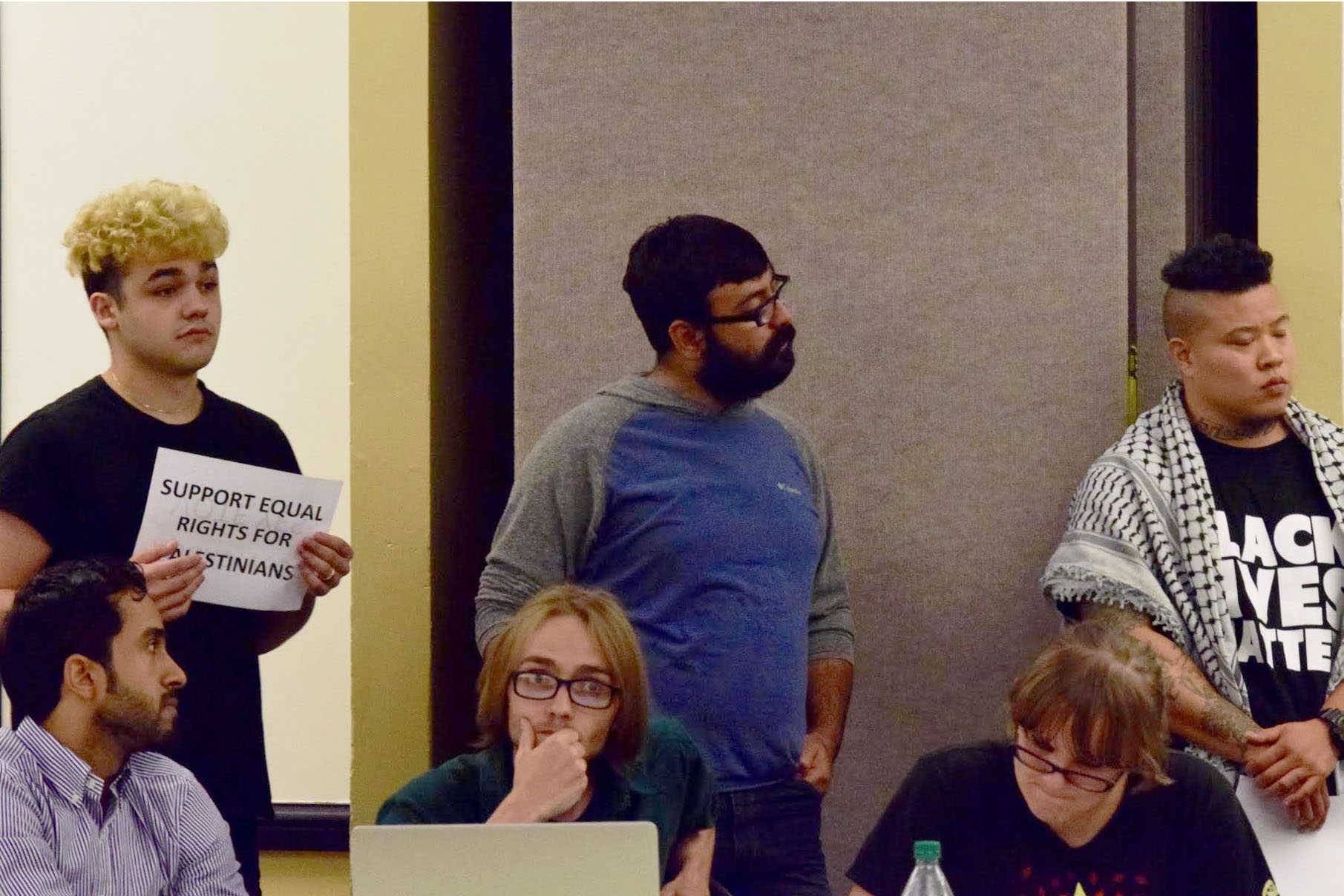The World Health Organization declared a global health emergency in response to the increasing outbreak of the coronavirus.
The virus has now spread to all regions of mainland China, stretching from Shanghai to Tibet. In just the past month, at least 20 countries have been in contact with the virus, including the United States.
According to the Chinese Center of Disease Control and Prevention, nearly 82,000 people are under medical observation in China, and officials are concerned that the subjects may be infected with the virus. 9,700 cases of the coronavirus so far have been confirmed in China, and the death toll has risen to 213.
Symptoms of the coronavirus include fever, cough and shortness of breath, according to the Centers for Disease Control and Prevention. How the virus originally spread is currently unconfirmed.
Ben Crowling, a professor of infectious disease epidemiology at the University of Hong Kong, said to NPR that the virus “is just getting started, and expects to see increased levels of transmission globally, including in the United States.”
“I think it’s quite likely that you will see human-to-human transmission in U.S. cities,” Crowling said.
With the expectation that the disease will spread further, countries are advising their citizens to return as soon as possible. Russia has recently closed its borders with China.
World Health Organization Director-General Tedros Adhanom Ghebreyesus told reporters in Geneva that the first confirmed human-to-human spread in the U.S. had occurred in Illinois, along with at least three other countries outside of China, Japan, Vietnam and Germany.
Three Japanese citizens recently tested positive just after returning from a Wuhan flight to Tokyo. In order to take precautions, countries are calling citizens to return and holding them in testing centers before release. New Zealand, South Korea, Turkey, Indonesia, Philippines and the U.S. are all pulling citizens from Hubei and Wuhan, Al Jazeera reported.
The U.S. State Department issued a “do not travel” advisory for China, warning U.S. citizens of the risks and suspending some commercial travel to and from China.
In an interview with NPR, Diana Adama, a Wuhan resident said, “Right now, everybody is on quarantine in their homes. Everybody at the hospitals are stuck there. Wherever you’re getting stuck right now, you’re there. You cannot leave.”
Currently, the city of Wuhan remains on lockdown. The city has had to close its borders and build two new hospitals to treat victims. Hong Kong has also decreased the number of inbound buses from the mainland, along with trains and passenger services have been temporarily shut down, according to CNN.
The CDC recommends that people wash their hands and to avoid close contact with anyone who is sick and that travelers avoid all non-essential travel to all of China.
A statement from Portland State University Communications released this past week ensured students are at minimal risk and should contact Health Services if they recently traveled to China or came in contact with someone who has.
“PSU will continue to monitor the outbreak closely in partnership with our local and state public health officials and others and will report significant developments as needed,” according to the statement.






